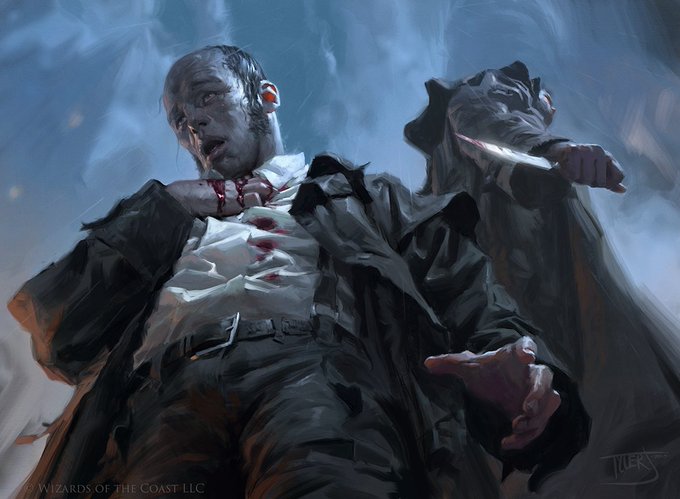



-
3Class Table
-
4Class Features
- 4Starting Stats and Equipment
- 5Rogue Multiclassing, Expertise, Sneak Attack
- 5Thieves' Cant
- 6Weapon Mastery, Cunning Action, Tricks of the Trade
- 6Rogueish Archetype, Steady Aim, Ability Score Improvement
- 6Extra Attack, Uncanny Dodge
- 7Expertise, Evasion, Supreme Sneak, Reliable Talent
- 7Blindsense, Slippery Mind, Elusive, Stroke of Luck
-
8Rogueish Archetypes
Rogues have many features in common, including their emphasis on perfecting their skills, their precise and deadly approach to combat, and their increasingly quick reflexes. But different rogues steer those talents in varying directions, embodied by the rogue archetypes. Your choice of archetype is a reflection of your focus—not necessarily an indication of your chosen profession, but a description of your preferred techniques.
Other Changes
This variant is intended to go along with the other changes, like class proficiency bonuses, detailed here.
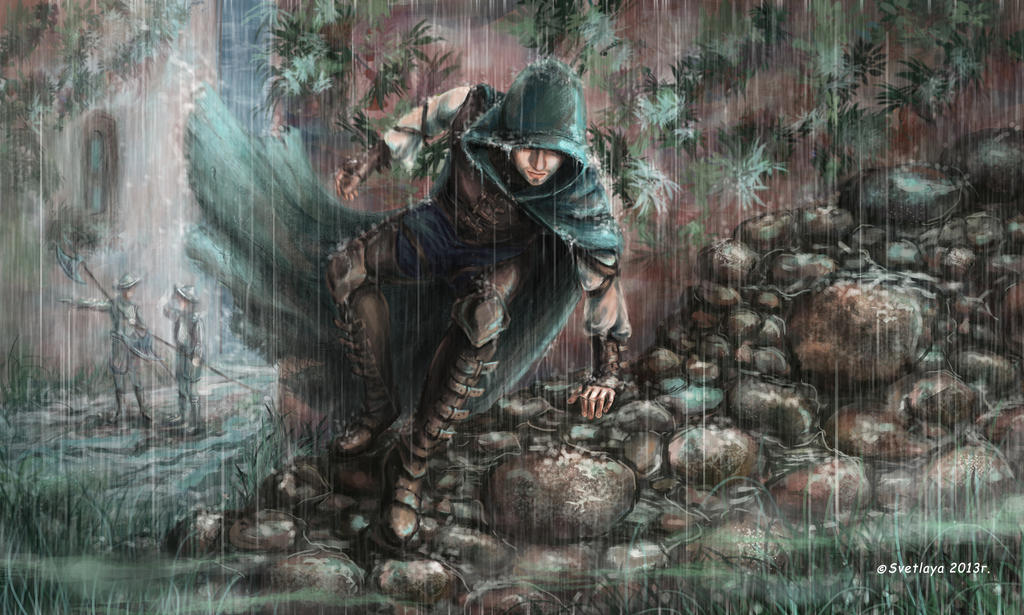

The Rogue
Signaling for her companions to wait, a halfling creeps forward through the dungeon hall. She presses an ear to the door, then pulls out a set of tools and picks the lock in the blink of an eye. Then she disappears into the shadows as her fighter friend moves forward to kick the door open.
A human lurks in the shadows of an alley while his accomplice prepares for her part in the ambush. When their target — a notorious slaver — passes the alleyway, the accomplice cries out, the slaver comes to investigate, and the assassin’s blade cuts his throat before he can make a sound.
Suppressing a giggle, a gnome waggles her fingers and magically lifts the key ring from the guard’s belt. In a moment, the keys are in her hand, the cell door is open, and she and her companions are free to make their escape.
Rogues rely on skill, stealth, and their foes’ vulnerabilities to get the upper hand in any situation. They are known for often making one, and only one, utterly devastating attack. They have a knack for finding the solution to just about any problem, demonstrating a resourcefulness and versatility that is the cornerstone of any successful adventuring party.
The Rogue Table
| Level | Proficiency Bonus | Sneak Attack | Tricks Known | Features |
|---|---|---|---|---|
| 1st | +2 | 1d6 | - | Expertise, Sneak Attack, Thieves’ Cant |
| 2nd | +2 | 1d6 | 1 | Cunning Action, Tricks of the Trade |
| 3rd | +2 | 2d6 | 1 | Roguish Archetype, Steady Aim |
| 4th | +2 | 2d6 | 1 | Ability Score Improvement |
| 5th | +3 | 2d6 | 1 | Extra Attack, Uncanny Dodge |
| 6th | +3 | 2d6 | 2 | Expertise |
| 7th | +3 | 3d6 | 2 | Evasion |
| 8th | +3 | 3d6 | 3 | Ability Score Improvement |
| 9th | +4 | 4d6 | 3 | Roguish Archetype feature, Supreme Sneak |
| 10th | +4 | 4d6 | 4 | Ability Score Improvement |
| 11th | +4 | 5d6 | 4 | Reliable Talent |
| 12th | +4 | 5d6 | 5 | Ability Score Improvement |
| 13th | +5 | 6d6 | 5 | Roguish Archetype feature |
| 14th | +5 | 6d6 | 6 | Blindsense |
| 15th | +5 | 7d6 | 6 | Slippery Mind |
| 16th | +5 | 7d6 | 7 | Ability Score Improvement |
| 17th | +6 | 8d6 | 7 | Roguish Archetype feature |
| 18th | +6 | 8d6 | 8 | Elusive |
| 19th | +6 | 9d6 | 8 | Ability Score Improvement |
| 20th | +6 | 10d6 | 9 | Stroke of Luck |


Creating a Rogue
As you create your rogue character, consider the character's relationship to the law. Do you have a criminal past—or present? Are you on the run from the law or from an angry thieves' guild master? Or did you leave your guild in search of bigger risks and bigger rewards? Is it greed that drives you in your adventures, or some other desire or ideal?
What was the trigger that led you away from your previous life? Did a great con or heist gone terribly wrong cause you to reevaluate your career? Maybe you were lucky and a successful robbery gave you the coin you needed to escape the squalor of your life. Did wanderlust finally call you away from your home? Perhaps you suddenly found yourself cut off from your family or your mentor, and you had to find a new means of support. Or maybe you made a new friend—another member of your adventuring party—who showed you new possibilities for earning a living and employing your particular talents.
Quick Build
You can make a rogue quickly by following these suggestions. First, Dexterity should be your highest ability score. Make Intelligence your next-highest if you want to excel at Investigation or plan to take up the Arcane Trickster archetype. Choose Charisma instead if you plan to emphasize deception and social interaction. Second, choose the charlatan background.
Class Features
As a rogue, you have the following class features.
Hit Points
- Hit Dice: 1d8 per rogue level
- Hit Points at 1st Level: 8 + your Constitution modifier
- Hit Points at Higher Levels: 1d8 (or 5) + your Constitution modifier per rogue level after 1st
Proficiencies
- Armor: Light armor
- Weapons: Simple weapons, hand crossbows, rapiers, longswords
- Tools: Thieves’ tools
- Saving Throws: Dexterity, Intelligence
- Skills: Choose four from Acrobatics, Athletics, Deception, Insight, Intimidation, Investigation, Perception, Performance, Persuasion, Sleight of Hand, and Stealth
Equipment
You start with the following equipment, in addition to the equipment granted by your background:
- (a) a rapier, (b) a shortsword, or (c) a longsword
- (a) a shortbow and quiver of 20 arrows or (b) a shortsword
- (a) a burglar’s pack, (b) a dungeoneer’s pack, or (c) an explorer’s pack
- Leather armor, two daggers, and thieves’ tools
Alternatively, you can roll 3d4 x 10 gp and buy your starting equipment.
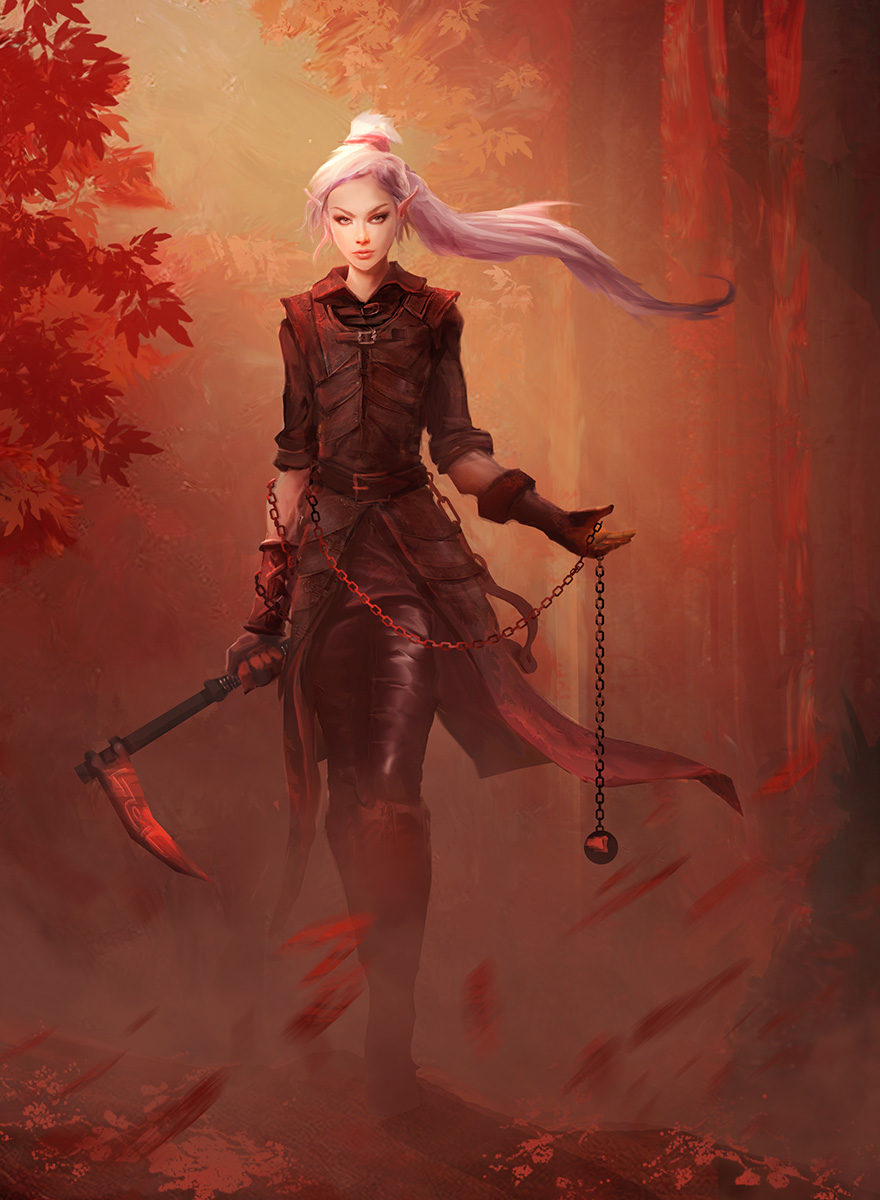
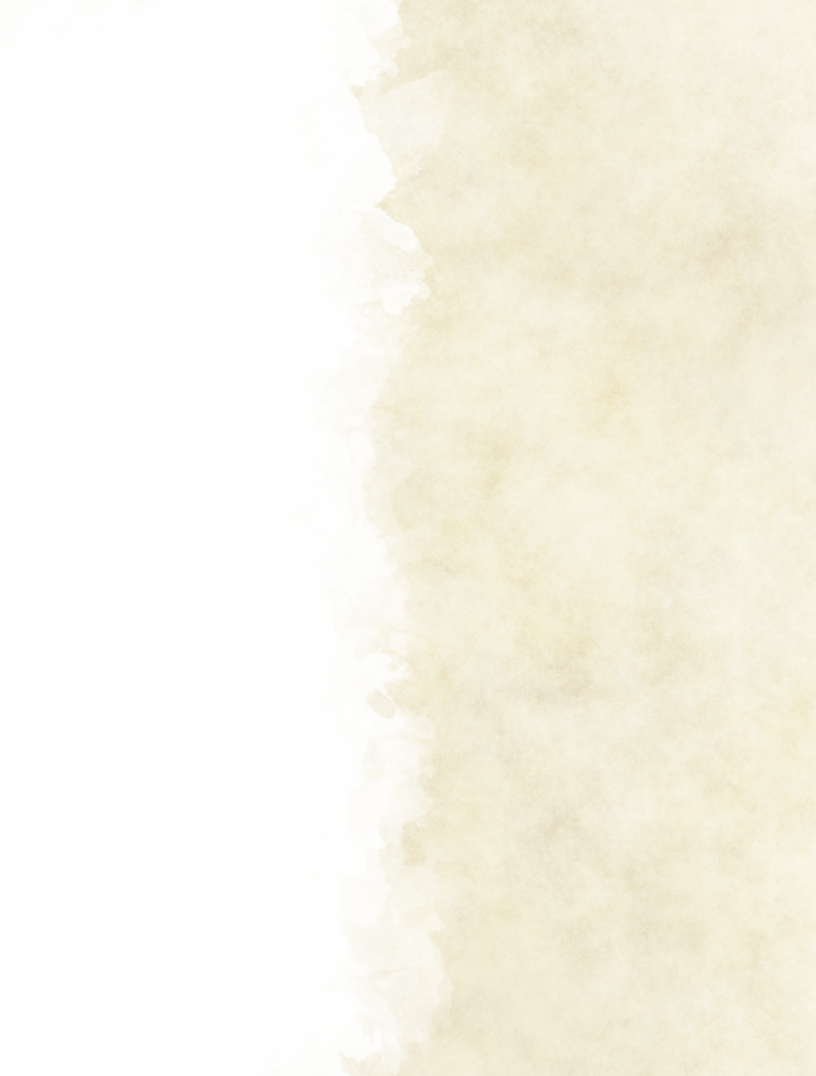
Rogue Multiclassing
Rogues follow all the normal rules for multiclassing. The following tables function as additions to the normal multiclassing rules.
Ability Score Minimum. As a multiclass character, you must have at least a Dexterity score of 15 to take a level in this class, or to take a level in another class if you are already a rogue.
Proficiencies Gained. If rogue isn’t your initial class, here are the proficiencies you gain when you take your first level as a rogue: Light armor, one skill from the class's skill list, thieves' tools
Spell Slots. If you are an Arcane Trickster, Justicar, or Skinchanger, add a third of your level in rogue rounded down to the appropriate levels from other classes to determine your available spell slots.
Spell Points. If you are an Eldritch Agent, add a third of your levels, rounded down, in the rogue class to the appropriate levels from other classes to determine your available spell points and maximum spell level.
Rogue Proficiency Bonus. When multiclassed, any rogue class feature that refers to your rogue proficiency bonus refers to what your proficiency bonus would be if only taking your rogue levels into account. If not multiclassed, this value will equal your regular proficiency bonus. Refer to the Rogue Class Table in the Proficiency Bonus column for what your rogue proficiency bonus is.
Expertise
1st-level Rogue feature
Choose two of your skill proficiencies, or one of your skill proficiencies and your proficiency with thieves’ tools. Your proficiency bonus is doubled for any ability check you make that uses either of the chosen proficiencies.
At 6th level, you can choose two more of your proficiencies (in skills or with thieves’ tools) to gain this benefit.
Sneak Attack
1st-level Rogue feature
You know how to strike subtly and exploit a foe’s distraction. Once per turn, you can deal an extra 1d6 damage to one creature you hit with an attack if you have advantage on the attack roll. The attack must use a weapon that lacks the two handed property or a ranged weapon. A lance also does not qualify for sneak attack.
You don’t need advantage on the attack roll if another enemy of the target is within 5 feet of it, that enemy isn’t incapacitated, and you don’t have disadvantage on the attack roll.
The amount of the extra damage increases as you gain levels in this class, as shown in the Sneak Attack column of the Rogue table.
Thieves’ Cant
1st-level Rogue feature
During your rogue training you learned thieves’ cant, a secret mix of dialect, jargon, and code that allows you to hide messages in seemingly normal conversation. Only another creature that knows thieves’ cant understands such messages. It takes four times longer to convey such a message than it does to speak the same idea plainly.
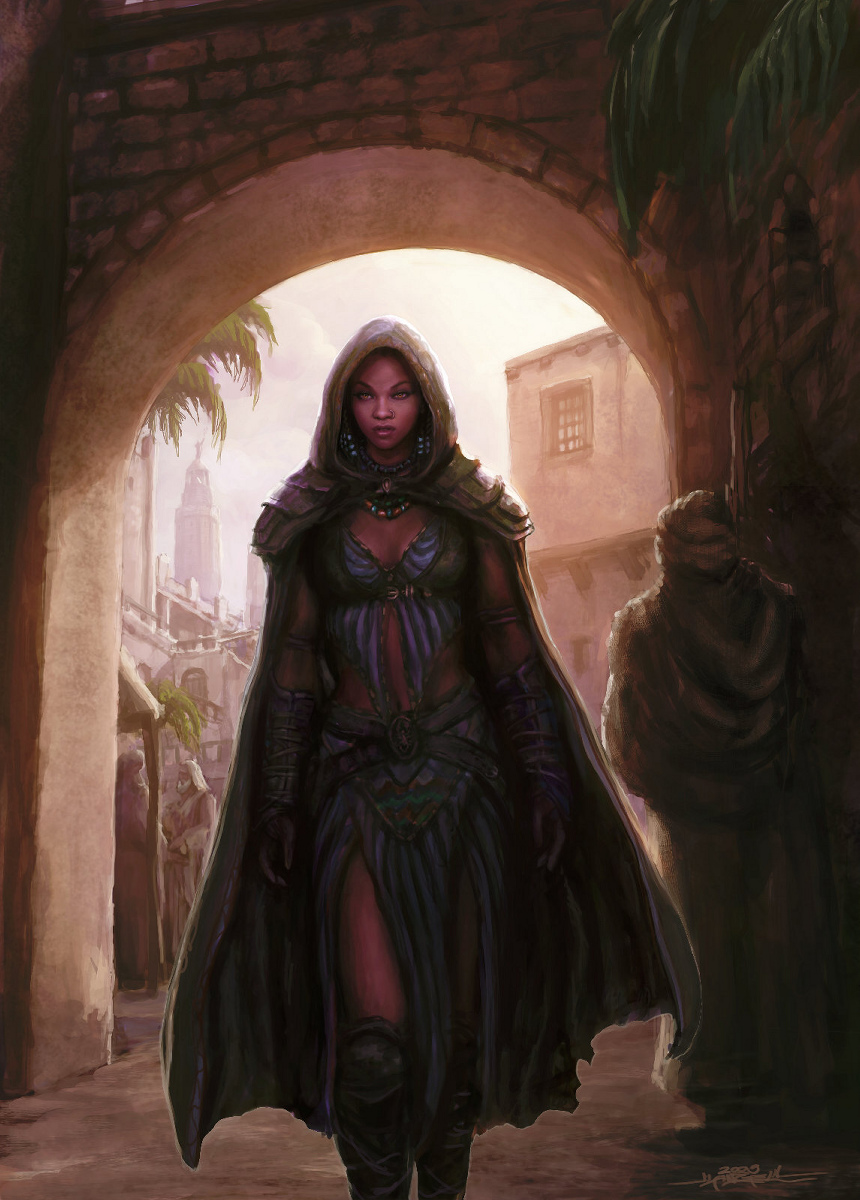


In addition, you understand a set of secret signs and symbols used to convey short, simple messages, such as whether an area is dangerous or the territory of a thieves’ guild, whether loot is nearby, or whether the people in an area are easy marks or will provide a safe house for thieves on the run.
Weapon Mastery
1st-level Rogue feature
Your training with weapons allows you to use the Mastery properties of two kinds of weapons of your choice with which you have proficiency, such as Daggers and Shortswords.
Whenever you finish a Long Rest, you can change one of your weapons for which you can use the Mastery property.
Cunning Action
2nd-level Rogue feature
Your quick thinking and agility allow you to move and act quickly. You can take a bonus action on each of your turns in combat. This action can be used only to take the Dash, Disengage, or Hide action.
Tricks of the Trade
2nd-level Rogue feature
You have evolved your trade to utilize specific skills. You learn one Trick of the Trade, and you learn more as you gain levels in this class, as shown in the Tricks Known column of the Rogue Table. When you gain a level in this class, you can switch one Trick you know for another that you meet the prerequisites for.
Roguish Archetype
3rd-level Rogue feature
You choose an archetype that you emulate in the exercise of your rogue abilities detailed at the end of the class description. Your archetype choice grants you features at 3rd level and then again at 9th, 13th, and 17th level.
Steady Aim
3rd-level Rogue feature
As a bonus action, you give yourself advantage on your next attack roll on the current turn. You can use this bonus action only if you haven't moved during this turn, and after you use the bonus action, your speed is 0 until the end of the current turn.
Ability Score Improvement
4th-level Rogue feature
When you reach 4th level, and again at 8th, 10th, 12th, 16th, and 19th level, you can increase one ability score of your choice by 2, you can increase two ability scores of your choice by 1, or you can take a feat. As normal, you can’t increase an ability score above 20 using this feature.
Extra Attack
5th-level Rogue feature
You can attack twice, instead of once, whenever you take the Attack Action on your turn.
Uncanny Dodge
5th-level Rogue feature
When you take damage from a source you can see, whether it be a trap or a creature, you can use your reaction to add your rogue proficiency bonus to your AC for that attack, if applicable. The damage of the attack or damage source is halved if it still hits. When you use this reaction, regardless of whether the reaction caused the attack to miss, the next attack you make against the source of damage before the end of your next turn is made with advantage.
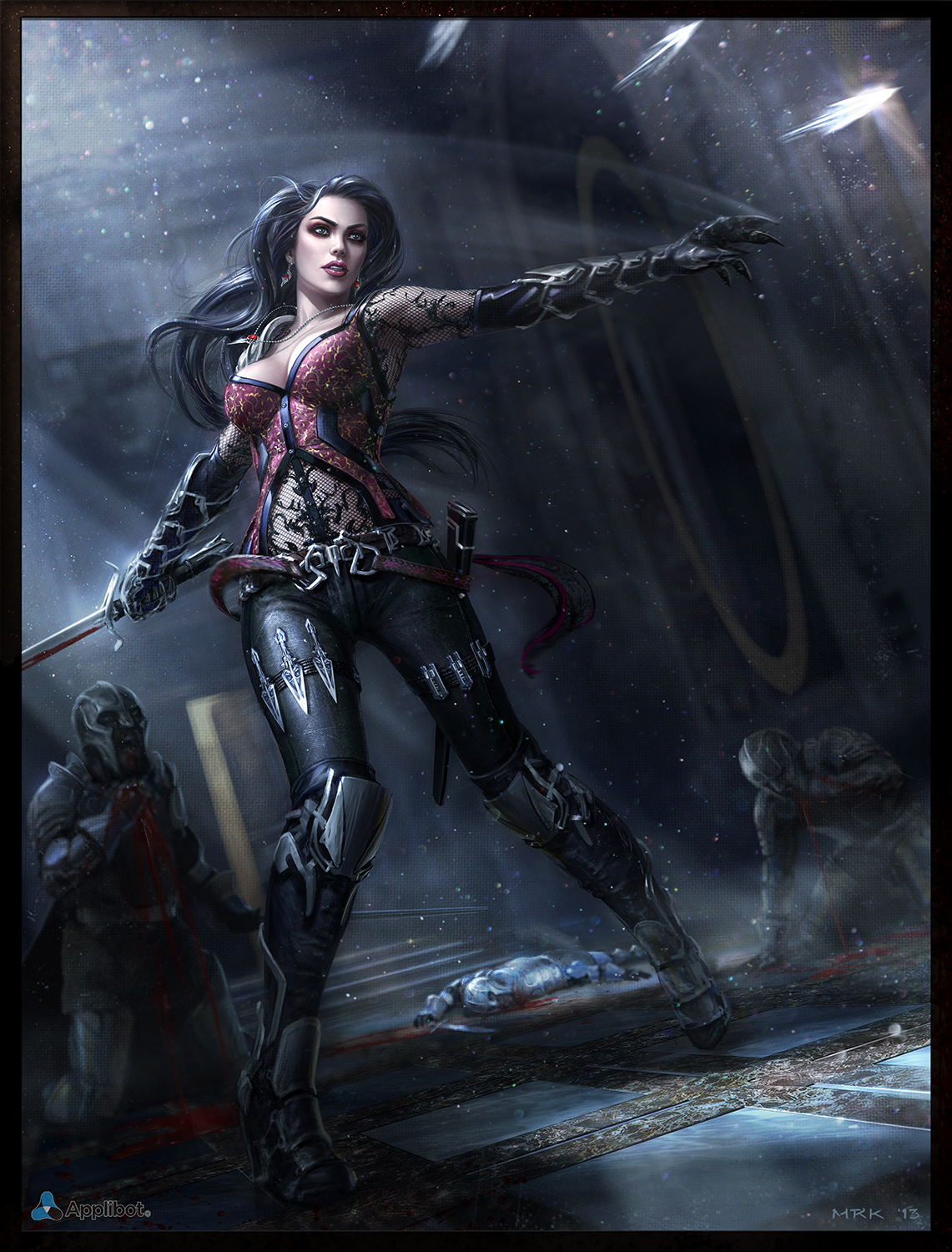


Expertise
6th-level Rogue feature
Choose two more of your skill proficiencies, or one more of your skill proficiencies and your proficiency with thieves’ tools. Your proficiency bonus is doubled for any ability check you make that uses either of the chosen proficiencies.
Evasion
7th-level Rogue feature
You can nimbly dodge out of the way of certain area effects, such as an ancient red dragon’s fiery breath or an ice storm spell. When you are subjected to an effect that allows you to make a saving throw to take only half damage, you instead take no damage if you succeed on the saving throw, and only half damage if you fail.
Supreme Sneak
9th-level Rogue feature
You have Advantage on a Dexterity (Stealth) check if you move no more than half your speed on the same turn.
Reliable Talent
11th-level Rogue feature
You have refined your chosen skills until they approach perfection. Whenever you make an ability check that lets you add your proficiency bonus, you can treat a d20 roll of 9 or lower as a 10.
Blindsense
14th-level Rogue feature
If you are able to hear, you are aware of the location of any hidden or invisible creature within 10 feet of you and you do not suffer Disadvantage when attacking a creature you cannot see within 10 feet of you.
Slippery Mind
15th-level Rogue feature
You have acquired greater mental strength. You gain proficiency in Wisdom saving throws.
Elusive
18th-level Rogue feature
You are so evasive that attackers rarely gain the upper hand against you. No attack roll has Advantage against you while you aren’t Incapacitated.
Stroke of Luck
20th-level Rogue feature
You have an uncanny knack for succeeding when you need to.
- If your attack misses a target within range, you can turn the miss into a critical hit.
- If you fail an ability check, you can treat the d20 roll as a 20.
- If you fail a saving throw, you can treat the d20 roll as a 20.
You may replace a single attack roll, ability check and saving throw once. Once you do so, you may not do so again until you finish a Short or Long Rest.
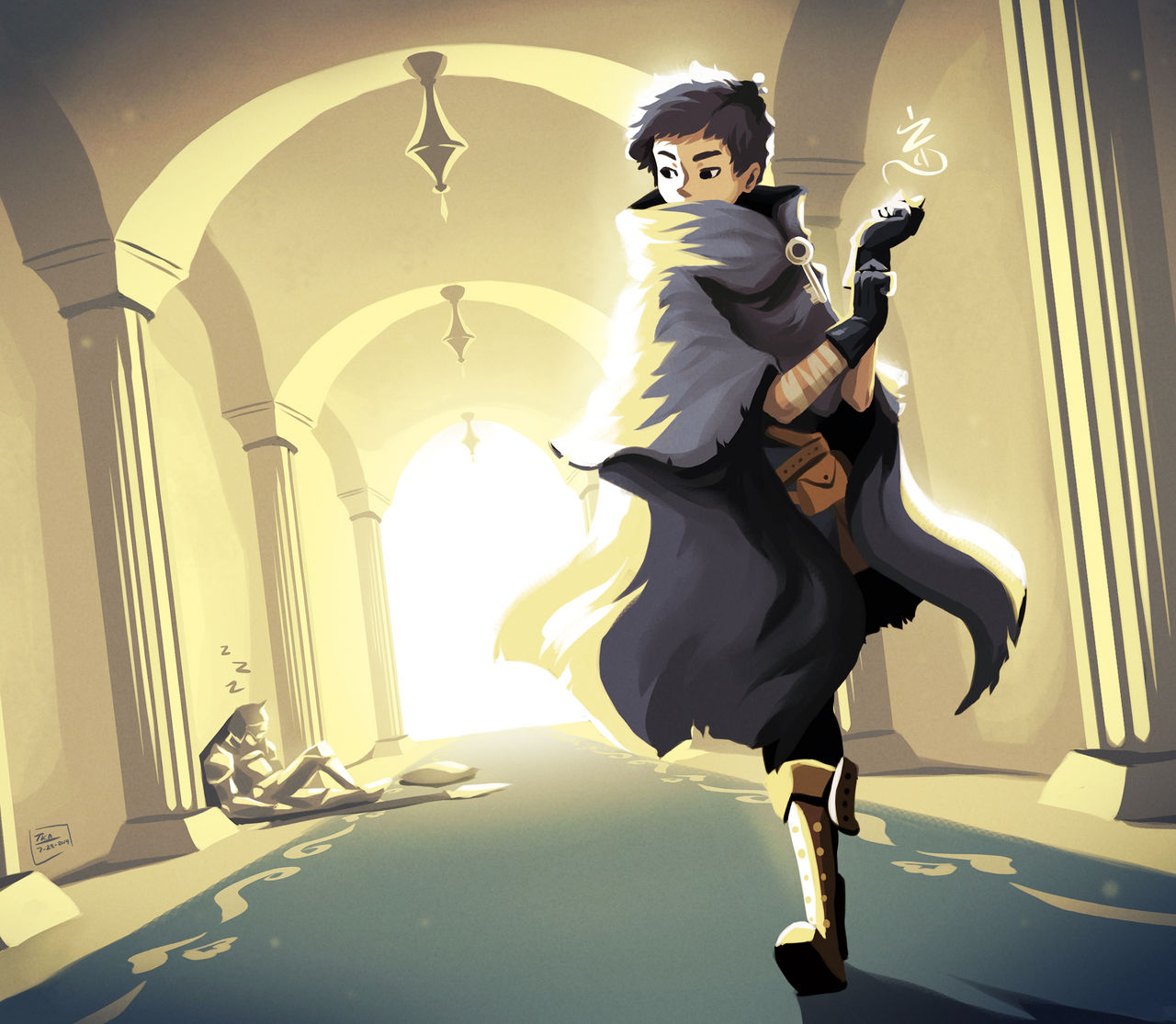

Arcane Trickster
Some rogues enhance their fine-honed skills of stealth and agility with magic, learning tricks of enchantment and illusion. These rogues include pickpockets and burglars, but also pranksters, mischief-makers, and a significant number of adventurers.
Spellcasting
3rd-level Arcane Trickster feature
You gain the ability to cast spells. See Spells Rules for the general rules of spellcasting.
Cantrips. You learn three cantrips: mage hand and two other cantrips of your choice from the Arcane Trickster spell list. You learn another Arcane Trickster cantrip of your choice at 10th level.
Spell Slots. The Arcane Trickster Spellcasting table shows how many spell slots you have to cast your Arcane Trickster spells of 1st level and higher. To cast one of these spells, you must expend a slot of the spell’s level or higher. You regain all expended spell slots when you finish a long rest.
For example, if you know the 1st-level spell charm person and have a 1st-level and a 2nd-level spell slot available, you can cast charm person using either slot.
Spells Known of 1st-Level and Higher. You know three 1st-level spells of your choice from the Arcane Trickster spell list.
The Spells Known column of the Arcane Trickster Spellcasting table shows when you learn more Arcane Trickster spells of 1st level or higher. Each of these spells be on the Arcane Trickster spell list, and must be of a level for which you have spell slots. For instance, when you reach 7th level in this class, you can learn one new spell of 1st or 2nd level.
Whenever you gain a level in this class, you can replace one of the Arcane Trickster spells you know with another spell of your choice from the Arcane Trickster spell list. The new spell must be of a level for which you have spell slots.
Spellcasting Ability Intelligence is your spellcasting ability for your Arcane Trickster spells, since you learn your spells through dedicated study and memorization. You use your Intelligence whenever a spell refers to your spellcasting ability. In addition, you use your Intelligence modifier when setting the saving throw DC for a Arcane Trickster spell you cast and when making an attack roll with one.
Spell Save DC
Spell attack modifier
Arcane Trickster Spellcasting
| Level | Cantrips Known | Spells Known | 1st | 2nd | 3rd | 4th |
|---|---|---|---|---|---|---|
| 3rd | 3 | 3 | 2 | ─ | ─ | — |
| 4th | 3 | 4 | 3 | — | — | — |
| 5th | 3 | 4 | 3 | ─ | ─ | — |
| 6th | 3 | 4 | 3 | — | — | — |
| 7th | 3 | 5 | 4 | 2 | ─ | — |
| 8th | 3 | 6 | 4 | 2 | — | — |
| 9th | 3 | 6 | 4 | 2 | ─ | — |
| 10th | 4 | 7 | 4 | 3 | — | — |
| 11th | 4 | 8 | 4 | 3 | ─ | — |
| 12th | 4 | 8 | 4 | 3 | — | — |
| 13th | 4 | 9 | 4 | 3 | 2 | — |
| 14th | 4 | 10 | 4 | 3 | 2 | — |
| 15th | 4 | 10 | 4 | 3 | 2 | — |
| 16th | 4 | 11 | 4 | 3 | 3 | — |
| 17th | 4 | 11 | 4 | 3 | 3 | — |
| 18th | 4 | 11 | 4 | 3 | 3 | — |
| 19th | 4 | 12 | 4 | 3 | 3 | 1 |
| 20th | 4 | 13 | 4 | 3 | 3 | 1 |
Arcane Trickster Spell List
Cantrips (0 Level)
Acid Splash*
Arcing ArrowHB
Booming Blade*
Control Flames*
Dancing Lights*
Friends*
Frostbite
Green-Flame Blade*
Gust*
Infestation*
Light*
Lightning Lure*
Mage Hand*
Message*
Mind Sliver
Minor Illusion*
PitifulnessHB
Poison Spray*
Prestidigitation*
Shocking Grasp*
Vortex DartHB
1st Level
Acid Stream
Charm*
Catapult
Chromatic Orb*
Color Spray*
Comprehend Languages
Detect Magic
Disguise Self
Distort Value
Expeditious Retreat*
Feather Fall
Find Familiar
Fog Cloud*
Grease
Id InsinuationUA
Illusory Script*
Jump*
Longstrider
PilferHB
PuppetUA
Sleep
Sudden AwakeningUA
Tasha's Hideous Laughter
Unseen Servant
2nd Level
Alter Self
Arcane RefocusHB
Aura of ShadeHB
Blindness/Deafness
Blur*
Cloud of Daggers
Corrode MetalHB
Crown of Madness*
Detect Thoughts
Earthbind
Enhance Ability
Enthrall
Enlarge/Reduce
Gift of Gab
Hold*
Invisibility
Jim's Glowing Coin
Knock
Levitate
Magic Mouth*
Mirror Image
Nystul's Magic Aura
Phantasmal Force*
Pyrotechnics
Rope Trick
Shadow Blade
Spider Climb
Suggestion
Tasha's Mind Whip
Tick of the ClockHB
What's Mine is YoursHB
3rd Level
Blink
Catnap*
Enemies Abound
Fast Friends
Fear*
Fly
Haste
Hypnotic Pattern*
Incite Greed
Major Image
Phantom Steed
Pleonexia's Panoply of PersonasHB
Rigur's Ice SkatesHB
Ripping BulletHB
Slow*
Tiny Servant
Water Breathing
4th Level
Arcane Eye
Confusion*
Dimension Door
Elemental Bane
Greater Invisibility
Hallucinatory Terrain
Phantasmal Killer*
Polymorph
SpellcrushHB
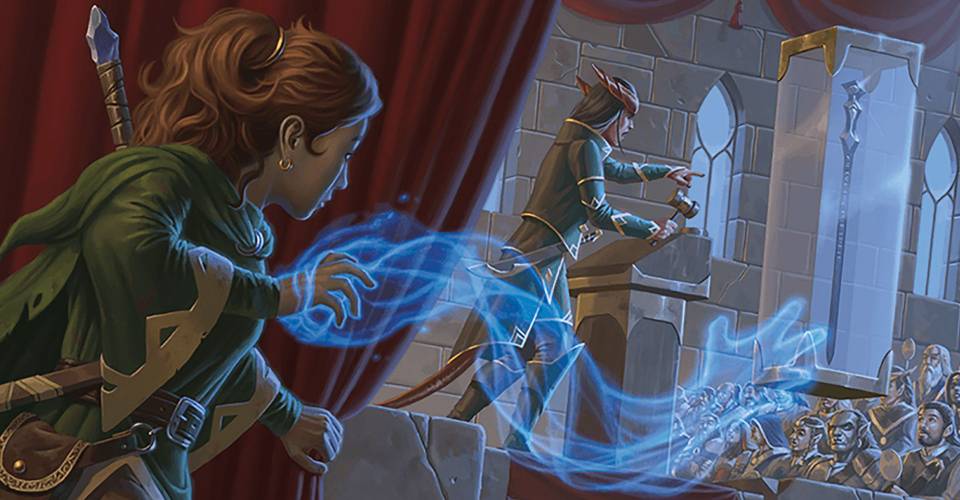

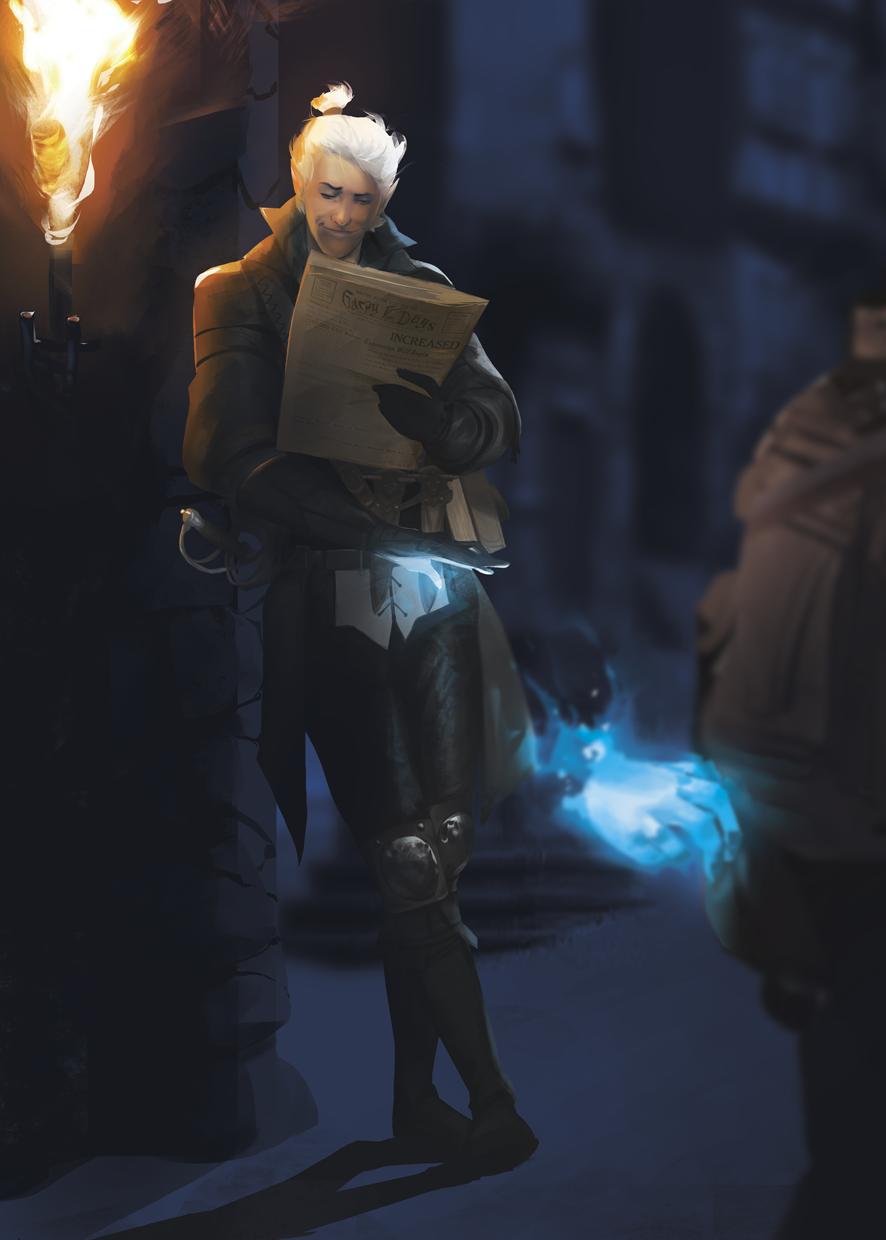

Mage Hand Legerdemain
3rd-level Arcane Trickster feature
When you cast mage hand, you can make the spectral hand invisible, and you can perform the following additional tasks with it:
- You can stow one object the hand is holding in a container worn or carried by another creature.
- You can retrieve an object in a container worn or carried by another creature.
- You can use thieves’ tools to pick locks and disarm traps at range.
- You can perform one of these tasks without being noticed by a creature if you succeed on a Dexterity (Sleight of Hand) check contested by the creature’s Wisdom (Perception) check.
In addition, you can use the bonus action granted by your Cunning Action to control the hand.
Magical Ambush
9th-level Arcane Trickster feature
If you are hidden from a creature when you cast a spell on it, the creature has disadvantage on any saving throw it makes against the spell this turn.
Versatile Trickster
13th-level Arcane Trickster feature
You gain the ability to distract targets with your mage hand. At the start of your turn or as a bonus action on your turn, you can designate a creature within 5 feet of the spectral hand created by the spell. Until the end of the turn, you have advantage on attack rolls against that creature and it has disadvantage on attack rolls against you.
Spell Thief
17th-level Arcane Trickster feature
You gain the ability to magically steal the knowledge of how to cast a spell from another spellcaster.
Immediately after a creature casts a spell that targets you or includes you in its area of effect, you can use your reaction to force the creature to make a saving throw with its spellcasting ability modifier. The DC equals your spell save DC. On a failed save, you negate the spell’s effect against you, and you steal the knowledge of the spell if it is at least 1st level and 5th level or lower (it doesn’t need to be a wizard spell). Until you finish your next long rest, you know the spell and can cast it using your spell slots. If the spell is of a level for which you do not have spell slots, you can cast it once. The creature can’t cast that spell until the 8 hours have passed.
Once you use this feature, you can’t use it again until you finish a long rest.


Assassin
You focus your training on the grim art of death. Those who adhere to this archetype are diverse: hired killers, spies, bounty hunters, and even specially anointed priests trained to exterminate the enemies of their deity. Stealth, poison, and disguise help you eliminate your foes with deadly efficiency.
If you want an alternate design, I looked at and approve of this homebrew: Assassin by SolomonSinclair
Tools of the Trade
3rd-level Assassin feature
You gain proficiency with the disguise kit and the poisoner’s kit. In addition, you reroll 1s and 2s on sneak attack damage dice against creatures who are poisoned.
In addition, you become a master at creating false identities. Whenever you make an ability check to create a disguise, or to deceive a creature by assuming a false identity, you have advantage on the roll. You can also apply a pre-made disguise as part of your Cunning Action.
Assassinate
3rd-level Assassin feature
You are at your deadliest when you get the drop on your enemies. You have advantage on initiative rolls, you have advantage on attack rolls against any creature that hasn’t taken a turn in the combat yet, and any hit you score against a creature that is surprised is a critical hit.
In addition, you can use the bonus action granted by your Cunning Action to apply an injury poison to a weapon.
Hide in Plain Sight
9th-level Assassin feature
You can attempt to hide without any obscurement if the creatures you are attempting to hide from are at least 15 feet away from you.
In addition, you are so proficient in your stealth capacities that you aid your allies in their stealth capacities. You add half your rogue level, rounded up, to stealth checks creatures of your choice make as long as they stay within 10 feet of you for the duration of the check.
Poison Master
13th-level Assassin feature
You have learned how to create and use poisons as a master assassin. Whenever you finish a long rest, you can use a poisoner's kit to create a number of deadly poisons equal to your rogue proficiency bonus. The creation may be an ingested or injury poison (your choice) and lasts for 24 hours or until used. These poisons lose their potency if you create more.
Assassin's Death (Ingested or Injury): A creature subjected to this poison must make a Constitution saving throw (DC = 8 + your proficiency bonus + your Intelligence modifier) or else be poisoned for 1 minute and take poison damage equal to half your sneak attack dice. On a success a creature takes half as much damage and isn't poisoned.
If the poison is ingested, the creature is also paralyzed while poisoned this way, and has disadvantage on its saving throw.
Death Strike
17th-level Assassin feature
You become a master of instant death. When you attack
and hit a creature that is surprised, it must make a Constitution saving throw (DC 8 + your Dexterity modifier
+ your proficiency bonus). On a failed save, double the damage of your attack against the creature. If your attack is with a poisoned weapon, double the damage of the poison.


Eldritch Agent
You were a regular rogue. However, one day, you were contacted. Or maybe you conducted a ritual in a moment of desperation. A powerful being saw promise in your skill and talent, and granted you a measure of power. Or maybe you managed to glean some of its power in an eldritch ritual.
Either way, the additional talents you have received, deadly and mysterious as they are, cause your chosen names to leak out in terrified whispers wherever you are rumored to be.
Otherworldly Patron
3rd-level Eldritch Agent feature
You gained power from an otherworldly being of your choice: the Archfey, the Celestial, the Fathomless, the Fiend, the Genie, the Great Old One, the Hexblade, or the Undead. Your choice augments some of your features.
Pact Magic
3rd-level Eldritch Agent feature
You can augment your combat techniques with the ability to cast spells. See chapter 10 of the Player’s Handbook for the general rules of spellcasting and chapter 11 of the Player’s Handbook for the Warlock spell list.
Spell Points. The Eldritch Agent Spellcasting table shows how many spell points you have. The table also shows the maximum level of spell you can cast. To cast a spell you must expend one spell point per level of the spell. You may cast a spell at a higher level (up to the maximum spell level) by spending one additional spell point per level added. You regain all expended spell points when you finish a short or long rest.
For example, when you are 8th level, you have three spell points. To cast the 1st-level spell witch bolt, you can spend 1 spell point to cast it as a 1st-level spell.
Spells Known of 1st Level and Higher. At 3rd level, you know two 1st-level spells of your choice from the warlock spell list.
The Spells Known column of the Eldritch Agent table shows when you learn more warlock spells of your choice of 1st level and higher. A spell you choose must be of a level no higher than what’s shown in the table’s Slot Level column for your level. When you reach 11th level, for example, you learn a new warlock spell, which can be 1st, 2nd, or 3rd level.
Additionally, when you gain a level in this class and order, you can choose one of the warlock spells you know and replace it with another spell from the warlock spell list, which also must be of a level for which you have spell slots.
Spellcasting Ability. Intelligence or Charisma, your choice when you gain this feature, is your spellcasting ability for your warlock spells, so you use whichever ability you chose whenever a spell refers to your spellcasting ability. In addition, you use this modifier when setting the saving throw DC for a warlock spell you cast and when making an attack roll with one.
Spell Save DC
Spell attack modifier
Eldritch Agent Spellcasting
| Rogue Level | Spells Known | Spell Points | Max Level |
|---|---|---|---|
| 3rd | 2 | 1 | 1st |
| 4th | 3 | 2 | 1st |
| 5th | 3 | 2 | 1st |
| 6th | 3 | 2 | 1st |
| 7th | 4 | 3 | 2nd |
| 8th | 5 | 3 | 2nd |
| 9th | 5 | 3 | 2nd |
| 10th | 6 | 4 | 2nd |
| 11th | 7 | 4 | 2nd |
| 12th | 7 | 4 | 2nd |
| 13th | 8 | 5 | 3rd |
| 14th | 9 | 5 | 3rd |
| 15th | 9 | 5 | 3rd |
| 16th | 10 | 6 | 3rd |
| 17th | 10 | 6 | 3rd |
| 18th | 10 | 6 | 3rd |
| 19th | 11 | 7 | 4th |
| 20th | 12 | 7 | 4th |


Eldritch Weapon
3rd-level Eldritch Agent feature
Your patron's powers infuse into the weapons you hold. While wielding a weapon, the weapon manifests some supernatural visual effect that you determine when you choose this feature. This effect vanishes if the weapon is not wielded by you.
Once per turn, when you hit a creature with a weapon attack, you can force the creature to make a Wisdom saving throw against your spell save DC, or else suffer an effect that varies depending on your patron.
The Archfey. The creature is charmed by you until the end of your next turn. Creatures charmed by you in this way have their speed reduced to 0.
The Celestial. The creature is blinded until the end of your next turn.
The Fathomless. The creature is knocked prone, and standing up now costs the creature all of its movement.
The Fiend. The creature's AC drops by 2 until the end of your next turn as its armor warps from heat.
The Genie. The creature is teleported horizontally 20 feet to an unoccupied space you can see of your choice.
The Great Old One. The creature cannot speak and fails any saving throw it makes to maintain concentration on spells until the end of your next turn. A legendary resistance can override this failure.
The Hexblade. The target has disadvantage on the next ability check or saving throw it makes.
The Undead. On the target's next turn, it must use all its movement to move as far away from you as it can safely.
You can use this ability a number of times equal to your spellcasting ability modifier. You regain 1 expended use when you finish a short rest, and all expended uses when you finish a long rest.
Birth Arcanum
9th-level Eldritch Agent feature
Your connection to your patron grows, and from that connection is birthed a great gift of magical potential. This gift manifests physically on your body as you are marked as if newly born as an agent of your patron. Maybe strange magical tattoos glow lightly on your skin, or maybe each arm glows supernaturally, each arm emitting a different color.
This gift grants you two special spells unique to each patron. You know these spells, they become warlock spells for you, they doesn't count against your Spells Known, and you can cast each spell at its lowest level without using spell points, regaining the ability to do so when you finish a long rest. In addition, when you cast these spells, you can cast them in such a way as to not be able to counterspelled, and you can ignore any of their verbal or material components.
| Otherworldly Patron | 1st-Level Spell | 2nd-Level Spell |
|---|---|---|
| The Archfey | charm person | suggestion |
| The Celestial | cure wounds | lesser restoration |
| The Fathomless | thunderwave | misty step |
| The Fiend | command | flame blade (when you cast this spell you can treat the blade as a finesse weapon) |
| The Genie | faerie fire | phantasmal force |
| The Great Old One | dissonant whispers | mind spike |
| The Hexblade | bane | branding smite (the damage type becomes psychic instead of radiant) |
| The Undead | false life | ray of enfeeblement |
Spellstrike
13th-level Eldritch Agent feature
Casting your spells and making your weapon attacks becomes one and the same. When you use your action to cast a warlock spell, you can make a weapon attack as a bonus action.
Spellcurse
17th-level Eldritch Agent feature
Your spells cause weaknesses in your enemies to become apparent. If a creature is hit with a spell attack from one of your warlock spells or fails a saving throw against one of your warlock spells, you can choose to afflict that creature with your spellcurse. This curse lasts for 1 minute, until you or the target becomes unconscious, or if you choose to afflict a different creature with your spellcurse. When you hit a spellcursed creature with a weapon attack that qualifies for sneak attack, add 4d6 to your sneak attack damage roll.
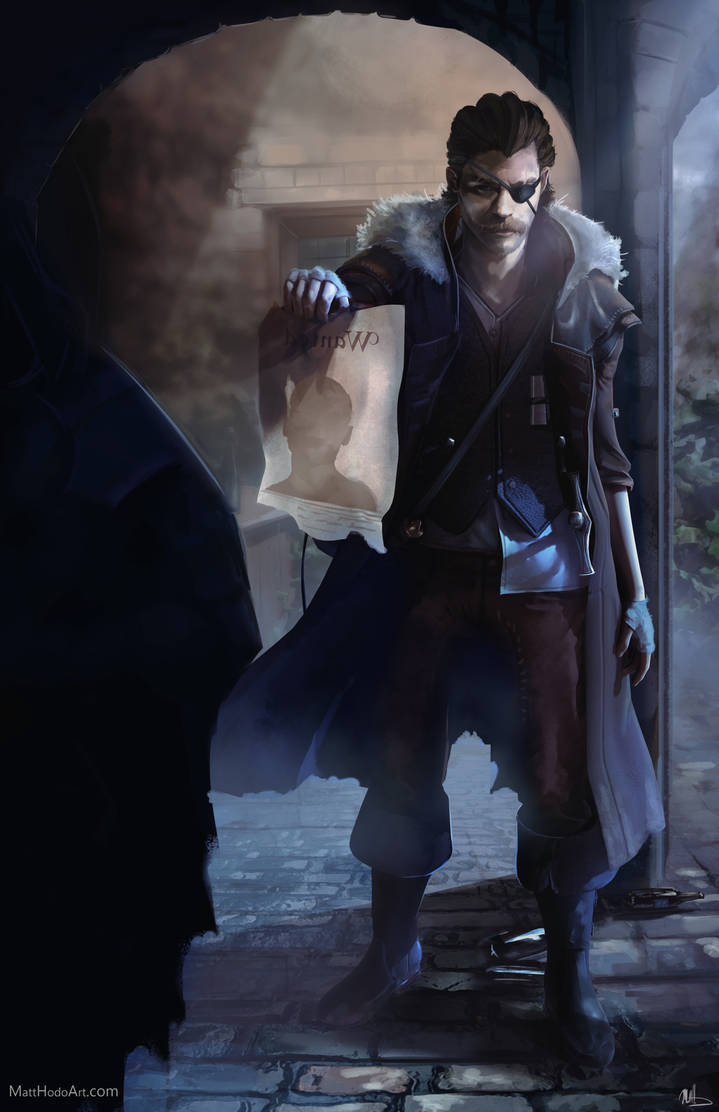

Inquisitive
As an archetypal Inquisitive, you excel at rooting out secrets and unraveling mysteries. You rely on your sharp eye for detail, but also on your finely honed ability to read the words and deeds of other creatures to determine their true intent. You excel at defeating creatures that hide among and prey upon ordinary folk, and your mastery of lore and your sharp eye make you well equipped to expose and end hidden evils.
Ear for Deceit and Detail
3rd-level Inquisitive feature
You gain proficiency in Insight, Investigation, and Perception. If you already have proficiency in any of these skills, you instead gain Expertise in the skill.
Quick Scan
3rd-level Inquisitive feature
You can make an Insight, Perception, or Investigation check as a bonus action during combat, contested by the target creature's Deception. If a single creature fails the contest once, one vulnerability, of if there are none, their lowest saving throw value is then revealed. If the contest is failed twice, all saving throw values and vulnerabilities are known. All subsequent checks give you an additional level of advantage on any future attacks you make against them within the next 1 hour, up to a maximum of 2 levels of advantage.
If a contest is failed any amount of times, your attacks against that creature qualify for sneak attack, even if you don't have advantage on the roll.
Insightful Fighting
3rd-level Inquisitive feature
When you see a creature make an attack roll against another creature you can see, you can use your Reaction to analyze the attack. The next time that attack is used against you by the creature who made the attack, they have Disadvantage on the roll and you have resistance to the attack’s damage.
Once you use this feature on an attack, you can’t do so on that attack again until you use this feature on a different attack.
Steady Eye
9th-level Inquisitive feature
You gain Advantage on Perception and Investigation checks.
Unerring Eye
13th-level Inquisitive feature
Your senses are almost impossible to foil. Any creature that turns invisible within your sight can still be seen by you as long as line of sight is not broken.
Furthermore, you can use an action to reveal invisible creatures or see through illusions or any effect intended to deceive the senses within 30 feet of you.
Eye for Weakness
17th-level Inquisitive feature
For each time you have Quick Scanned a creature, your Sneak Attack damage against that creature increases by 2d6.


Mastermind
Your focus is on people and on the influence and secrets they have. Many spies, courtiers, and schemers follow this archetype, leading lives of intrigue. Words are your weapons as often as knives or poison, and secrets and favors are some of your favorite treasures.
Master of Intrigue
3rd-level Mastermind feature
You gain proficiency with the disguise kit, the forgery kit, and one gaming set of your choice. You also learn two languages of your choice.
Additionally, you can unerringly mimic the speech patterns and accent of a creature that you hear speak for at least 1 minute, enabling you to pass yourself off as a native speaker of a particular land, provided that you know the language.
Furthermore, you gain proficiency in Persuasion and Deception, and when you make a Charisma (Persuasion) or Charisma (Deception) check, you can use your Intelligence modifier instead of your Charisma modifier for the check.
Master of Tactics
3rd-level Mastermind feature
You can use the Help action as a bonus action. Additionally, when you use the Help action to aid an ally in attacking a creature, the target of that attack can be within 30 feet of you, rather than 5 feet of you, if the target can see or hear you. Furthermore, the ally get advantage on all attack rolls it makes before the end of your next turn against the creature, not just the first. If you hit that creature with a weapon attack on your turn after you use the Help action, your attack qualifies for sneak attack.
Foolproof Plans
9th-level Mastermind feature
If you discuss a plan with friendly creatures for at least 10 minutes, each d20 roll made in accordance with that plan, for 10 minutes after the plan is discussed, gains your Intelligence modifier to its success. As soon as an action is taken by a creature who had discussed the plan that is not according to plan, all creatures lose this benefit. This can apply to attack rolls or ability checks.
Grandmaster Tactics
13th-level Mastermind feature
As an action, you can make a Charisma (Persuasion or Deception) check contested by a creature’s Wisdom (Insight) check. The creature must be able to hear you, and the two of you must share a language.
If you succeed on the check and the creature is hostile to you, it has disadvantage on attack rolls against targets other than an ally of your choice that it can see or hear and can’t make opportunity attacks against targets other than that ally. This effect lasts for 1 minute, until a creature other than the chosen ally attacks the target or affects it with a spell, or until the chosen ally and the target are more than 60 feet apart.
Mind Over Matter
17th-level Mastermind feature
You have mastered the art of lying and social manuevering to such an extent that you can deceive your own brain about what it believes. You have advantage on Charisma (Deception) checks. You become immune to the charmed and frightened conditions. You can misdirect other creatures who read your mind to believe anything you wish about what you believe by making a Charisma (Deception) check versus their Wisdom (Insight). You can never be magically compelled to tell any creature anything.
In addition, when you use the Help action to aid an ally in attacking a creature, your ally can roll half the number of Sneak Attack dice for your level (round up), and add the roll's total to the damage of the first attack it lands after it is helped by you.

Phantom
Many rogues walk a fine line between life and death, risking their own lives and taking the lives of others. While adventuring on that line, some rogues discover a mystical connection to death itself. These rogues take knowledge from the dead and become immersed in negative energy, eventually becoming like ghosts. Thieves' guilds value them as highly effective information gatherers and spies.
Many shadar-kai of the Shadowfell are masters of these macabre techniques, and some are willing to teach this path. In places like Thay in the Forgotten Realms and Karrnath in Eberron, where many necromancers practice their craft, a Phantom can become a wizard's confidant and right hand. In temples of gods of death, the Phantom might work as an agent to track down those who try to cheat death and to recover knowledge that might otherwise be lost to the grave.
How did you discover this grim power? Did you sleep in a graveyard and awaken to your new abilities? Or did you cultivate them in a temple or thieves' guild dedicated to a deity of death?
Whispers of the Dead
3rd-level Phantom feature
Echoes of those who have died cling to you. Whenever you finish a short or long rest, you can gain one skill or tool proficiency of your choice, as a ghostly presence shares its knowledge with you. You lose this proficiency when you use this feature to choose a different proficiency that you lack.
Wails from the Grave
3rd-level Phantom feature
As you nudge someone closer to the grave, you can channel the power of death to harm someone else as well. Immediately after you deal your Sneak Attack damage to a creature on your turn, you can target a second creature that you can see within 30 feet of the first creature. The creature cannot be a creature you have summoned through a spell or class feature. Roll a third of the number of Sneak Attack dice you rolled for your attack (round up), and the second creature takes necrotic damage equal to the roll’s total, as wails of the dead sound around them for a moment.
You can use this feature a number of times equal to your Wisdom or Charisma modifier (your choice when you gain this feature). You regain 1 expended use when you finish a short rest, and you regain all expended uses when you finish a long rest.
Tokens of the Departed
9th-level Phantom feature
When a life ends in your presence, you're able to snatch a token from the departing soul, a sliver of its life essence that takes physical form: as a reaction when a creature you can see dies within 30 feet of you, you can open your free hand and cause a Tiny trinket to appear there, a soul trinket. The DM determines the trinket's form or has you roll on the Trinkets table in the Player's Handbook to generate it.
You can have a maximum number of soul trinkets equal to your rogue proficiency bonus, and you can't create one while at your maximum.
You can use soul trinkets in the following ways:
- While a soul trinket is on your person, you have advantage on death saving throws and Constitution saving throws, for your vitality is enhanced by the life essence within the object.
- When you deal Sneak Attack damage on your turn, you can destroy one of your soul trinkets that's on your person and then immediately use Wails from the Grave, without expending a use of that feature.
- As an action, you can destroy one of your soul trinkets, no matter where it's located. When you do so, you can ask the spirit associated with the trinket one question. The spirit appears to you and answers in a language it knew in life. It's under no obligation to be truthful, and it answers as concisely as possible, eager to be free. The spirit knows only what it knew in life, as determined by the DM.
Ghost Walk
13th-level Phantom feature
You can phase partially into the realm of the dead, becoming like a ghost. As a bonus action, you assume a spectral form. While in this form, you have a flying speed of 10 feet, you can hover, and attack rolls have disadvantage against you. You can also move through creatures and objects as if they were difficult terrain, but you take 1d10 force damage if you end your turn inside a creature or an object.
You stay in this form for 10 minutes or until you end it as a bonus action. To use this feature again, you must finish a long rest or destroy one of your soul trinkets as part of the bonus action you use to activate Ghost Walk.
Death Knell
17th-level Phantom feature
Your association with death has become so close that you gain the following benefits:
- When you use your Wails from the Grave, you can now deal the necrotic damage to an additional third creature within range.
- At the end of a long rest, a soul trinket appears in your hand if you don't have any soul trinkets, as the spirits of the dead are drawn to you.



Scout
You are skilled in stealth and surviving far from the streets of a city, allowing you to scout ahead of your companions during expeditions. Rogues who embrace this archetype are at home in the wilderness and among barbarians and rangers, and many Scouts serve as the eyes and ears of war bands. Ambusher, spy, bounty hunter – these are just a few of the roles that Scouts assume as they range the world.
Skirmisher
3rd-level Scout feature
You are difficult to pin down during a fight. You can move up to half your speed as a reaction when an enemy comes within 5 feet of you. This movement doesn’t provoke opportunity attacks.
Survivalist
3rd-level Scout feature
You gain proficiency in the Nature and Survival skills if you don't already have it. Your proficiency bonus is doubled for any ability check you make that uses either of those proficiencies.
In addition, you have advantage on all stealth checks when hiding in nature or natural environments.
Superior Mobility
9th-level Scout feature
Your walking speed increases by 10 feet, and you gain a walking and climbing speed equal to your movement speed. If you have a climbing or swimming speed already, these speeds increase by 10 feet.
Ambush Master
13th-level Scout feature
You excel at leading ambushes and acting first in a fight.
You have advantage on initiative rolls. In addition, the first creature you hit during the first round of a combat becomes easier for you and others to strike; attack rolls against that target have advantage until the start of your next turn.
Sudden Strike
17th-level Scout feature
You can strike with deadly speed. If you take the Attack action on your turn, you can make one additional attack as a bonus action. This attack can benefit from your Sneak Attack even if you have already used it this turn, but you can't use your Sneak Attack against the same target more than once in a turn.


Soulknife
Most assassins strike with physical weapons, and many burglars and spies use thieves' tools to infiltrate secure locations. In contrast, a Soulknife strikes and infiltrates with the mind, cutting through barriers both physical and psychic. These rogues discover psionic power within themselves and channel it to do their roguish work. They find easy employment as members of thieves' guilds, though they are often mistrusted by rogues who are leery of anyone using strange mind powers to conduct their business. Most governments would also be happy to employ a Soulknife as a spy.
Amid the trees of ancient forests on the Material Plane and in the Feywild, some wood elves walk the path of the Soulknife, serving as silent, lethal guardians of their woods. In the endless war among the gith, a githzerai is encouraged to become a Soulknife when stealth is required against the githyanki foe.
As a Soulknife, your psionic abilities might have haunted you since you were a child, only revealing their full potential as you experienced the stress of adventure. Or you might have sought out a reclusive order of psychic adepts and spent years learning how to manifest your power.
Psionic Power
3rd-level Soulknife feature
You harbor a wellspring of psionic energy within yourself. Pick an ability score of your choice between Intelligence, Wisdom, or Charisma. The ability score is your Soulknife ability. Your psionic energy is represented by your Psionic Energy dice, which are each a d6. You have a number of these dice equal to twice your Soulknife ability modifier, and they fuel various psionic powers you have, which are detailed below.
Some of your powers expend the Psionic Energy die they use, as specified in a power's description, and you can't use a power if it requires you to use a die when your dice are all expended. You regain all your expended Psionic Energy dice when you finish a long rest. In addition, as a bonus action, you can regain one expended Psionic Energy die, but you can't do so again until you finish a short or long rest.
When you reach certain levels in this class, the size of your Psionic Energy dice increases: at 5th level (d8), 11th level (d10), and 17th level (d12).
The powers below use your Psionic Energy dice.
- Psi-Bolstered Knack. When your non-psionic training fails you, your psionic power can help: if you fail an ability check using a skill or tool with which you have proficiency, you can roll one Psionic Energy die and add the number rolled to the check, potentially turning failure into success. You expend the die only if the roll succeeds.
- Psychic Whispers. You can establish telepathic communication between yourself and others-perfect for quiet infiltration. As an action, choose one or more creatures you can see, up to a number of creatures equal to your rogue proficiency bonus, and then roll one Psionic Energy die. For a number of hours equal to the number rolled, the chosen creatures can speak telepathically with you, and you can speak telepathically with them. To send or receive a message (no action required), you and the other creature must be within 1 mile of each other. A creature can't use this telepathy if it can't speak any languages, and a creature can end the telepathic connection at any time (no action required). You and the creature don't need to speak a common language to understand each other.
The first time you use this power after each long rest, you don't expend the Psionic Energy die. All other times you use the power, you expend the die.
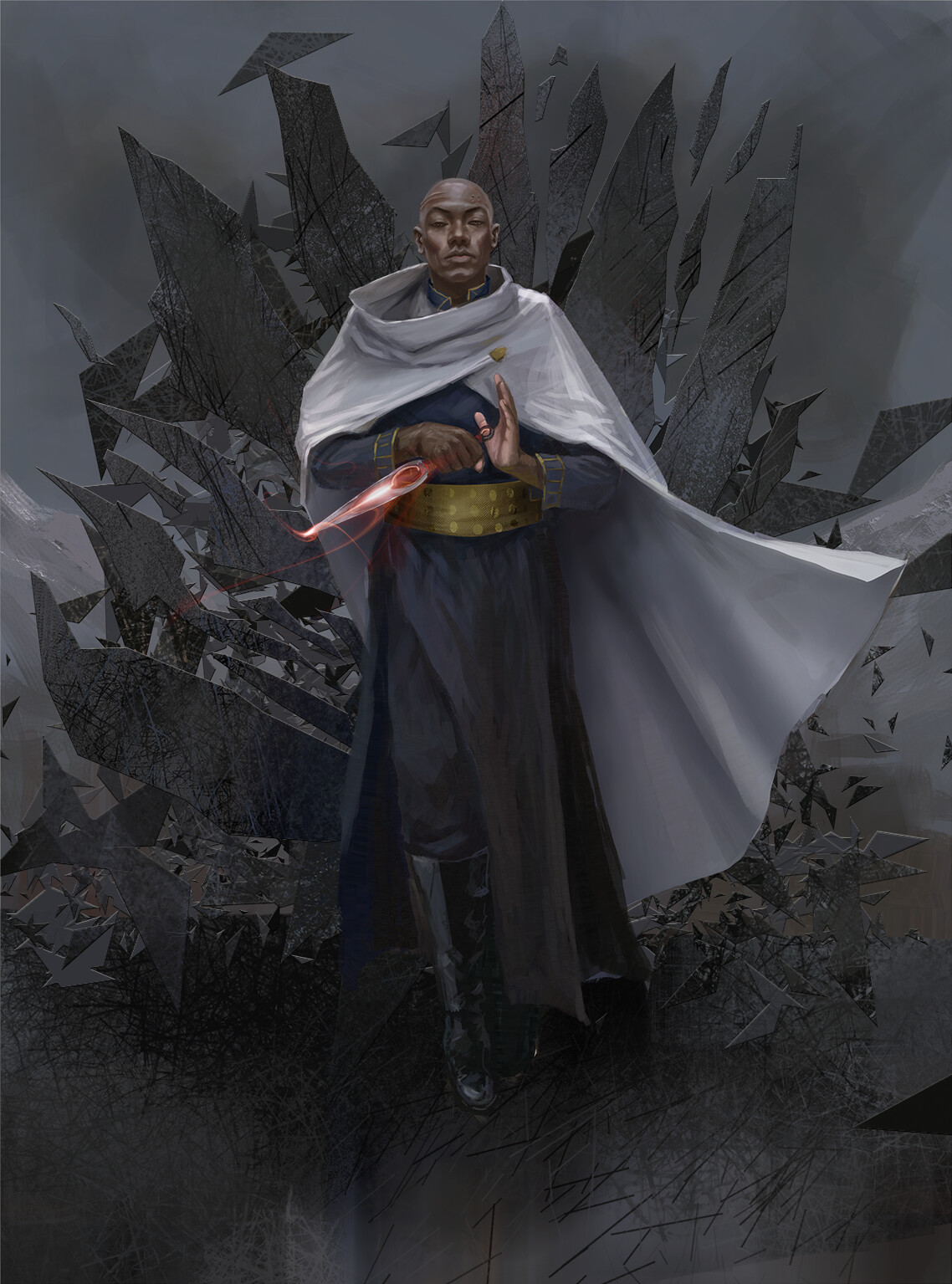

Psychic Blades
3rd-level Soulknife feature
You can manifest your psionic power as shimmering blades of psychic energy. At the start of your turn, you can choose to manifest up to two psychic blades in any free hands. These magic blades are simple melee weapons with the Light, Finesse, and Thrown properties. They have the Vex Mastery property, which you unlock for them. These psychic blades have a normal range of 60 feet and no long range, and on a hit, they deals Psychic damage equal to 1d6 plus the ability modifier you used for the attack roll. Any summoned blades vanish at the end of your turn.
You can ignore the Light property's restriction against adding your ability modifier to the damage of offhand attacks you make with your psychic blades.
In addition, you can summon and attack with one of these blades when you make attacks not on your turn using your reaction.
The damage die of your psychic blades increases to a d8 when you reach 9th level in this class.
Soul Blades
9th-level Soulknife feature
Your Psychic Blades are now an expression of your psi-suffused soul, giving you these powers that use your Psionic Energy dice:
-
Homing Strikes. If you make an attack roll with your Psychic Blades and miss the target, you can roll one Psionic Energy die and add the number rolled to the attack roll. If this causes the attack to hit, you expend the Psionic Energy die.
-
Psychic Teleportation. As a bonus action, you manifest one of your Psychic Blades, expend one Psionic Energy die and roll it, and throw the blade at an unoccupied space you can see, up to a number of feet away equal to 10 times the number rolled. You then teleport to that space, and the blade vanishes.
Psychic Veil
13th-level Soulknife feature
You can weave a veil of psychic static to mask yourself. As an action, you can magically become invisible, along with anything you are wearing or carrying, for 1 hour or until you dismiss this effect (no action required). This invisibility ends early immediately after you deal damage to a creature or you force a creature to make a saving throw.
Once you use this feature, you can't do so again until you finish a long rest, unless you expend a Psionic Energy die to use this feature again.
Rend Mind
17th-level Soulknife feature
You can sweep your Psychic Blade directly through a creature's mind. When you use your Psychic Blades to deal Sneak Attack damage to a creature, you can force that target to make a Wisdom saving throw (DC equal to 8 + your proficiency bonus + your Dexterity modifier). If the save fails, the target is stunned for 1 minute. The stunned target can repeat the saving throw at the end of each of its turns, ending the effect on itself on a success.
Once you use this feature, you can't do so again until you finish a long rest, unless you expend one Psionic Energy die to use it again.



Swashbuckler
You focus your training on the art of the blade, relying on speed, elegance, and charm in equal parts. While some warriors are brutes clad in heavy armor, your method of fighting looks almost like a performance. Duelists and pirates typically belong to this archetype.
A Swashbuckler excels in single combat, and can fight with two weapons while safely darting away from an opponent.
Fancy Footwork
3rd-level Swashbuckler feature
You learn how to land a strike and then slip away without reprisal. During your turn, if you make a melee attack against a creature, that creature can't make opportunity attacks against you for the rest of your turn.
In addition, your mastery of swordplay empowers your Uncanny Dodge feature. Whenever you gain bonuses to your AC from Uncanny Dodge, you add 1 more AC than normal.
Rakish Audacity
3rd-level Swashbuckler feature
Your confidence propels you into battle. You can give yourself a bonus to your initiative rolls equal to your Charisma modifier.
You also gain an additional way to use your Sneak Attack; you don't need advantage on the attack roll to use your Sneak Attack against a creature if you are within 5 feet of it, no other creatures are within 5 feet of you, and you don't have disadvantage on the attack roll. All the other rules for Sneak Attack still apply to you.
Panache
9th-level Swashbuckler feature
Your charm becomes extraordinarily beguiling. As a bonus action, you can make a Charisma (Persuasion) check contested by a creature's Wisdom (Insight) check. The creature must be able to hear you, and the two of you must share a language.
If you succeed on the check and the creature is hostile to you, it has disadvantage on attack rolls against targets other than you and can't make opportunity attacks against targets other than you. This effect lasts for 1 minute, until one of your companions attacks the target or affects it with a spell, or until you and the target are more than 60 feet apart.
If you succeed on the check and the creature isn't hostile to you, it is charmed by you for 1 minute. While charmed, it regards you as a friendly acquaintance. This effect ends immediately if you or your companions do anything harmful to it.
Elegant Manuever
13th-level Swashbuckler feature
You can use a bonus action on your turn to gain advantage on the next Dexterity (Acrobatics) or Strength (Athletics) check you make during the same turn.
Alternatively, you can use a bonus action on your turn to gain advantage on an attack roll against a creature affected by your Panache feature.
Master Duelist
17th-level Swashbuckler feature
Your mastery of the blade lets you turn failure into success in combat. If you miss with an attack roll, you can roll it again with advantage. You can use this feature only once per turn.
You can use this feature a number of times equal to your Charisma modifier, regaining all expended uses when you finish a short or long rest.


Thief
You hone your skills in the larcenous arts. Burglars, bandits, cutpurses, and other criminals typically follow this archetype, but so do rogues who prefer to think of themselves as professional treasure seekers, explorers, delvers, and investigators. In addition to improving your agility and stealth, you learn skills useful for delving into ancient ruins, reading unfamiliar languages, and using magic items you normally couldn’t employ.
Fast Hands
3rd-level Thief feature
You gain proficiency in the Sleight of Hand skill if you don't already have it. Your proficiency bonus is doubled for any Sleight of Hand or thieves' tools checks you make.
You can use the bonus action granted by your Cunning Action to make a Dexterity (Sleight of Hand) check, use your thieves’ tools to disarm a trap or open a lock, or take the Use an Object action. This Use an Object action can be used to use a magic item that would normally require an action.
Furthermore, you learn the Bill in Lemon Trick of the Trade, and it doesn't count against your Tricks Known. If you already know this Trick of the Trade, you may learn another Trick that you meet the prerequisites for.
Second-Story Work
3rd-level Thief feature
You gain the Athletics proficiency if you don't have it already. If you already have the athletics proficiency, you may choose to gain Expertise in Athletics or gain proficiency in another rogue skill of your choice. You gain the ability to climb faster than normal; you gain a climbing speed equal to your walking speed. If you already have a climbing speed, it increases by 10 feet.
In addition, when you make a running jump, the distance you cover increases by a number of feet equal to your Dexterity modifier.
Whenever you make an ability check for Strength (Athletics) for climbing or jumping, you may use your Dexterity modifier in place of your Strength modifier.
Use Magic Device
9th-level Thief feature
You have learned enough about the workings of magic that you can improvise the use of items even when they are not intended for you.
- You ignore all class, race, and level requirements on the use of magic items.
- You can use any spell scrolls, regardless of class requirements
- You can attune to up to four magic items at a time, rather than three.
Deft of Hand and Foot
13th-level Thief feature
When you use the Bill in Lemon Trick of the Trade, you have advantage on the Sleight of Hand check made.
Furthermore, once during your turn, you can use two objects, instead of one, whenever you take the Use an Object action.
Thief’s Reflexes
17th-level Thief feature
You have become adept at laying ambushes and quickly escaping danger. You can take two turns during the first round of any combat. You take your first turn at your normal initiative and your second turn at your initiative minus 10. You can’t use this feature when you are surprised.

Tricks of the Trade
If a Trick of the Trade has prerequisites, you must meet them to learn it. You can learn the Trick of the Trade at the same time as you meet the prerequisite. A level prerequisite refers to your levels in Rogue.
Some tricks have the Debilitation tag. When you take the Attack action on your turn, when you make a weapon attack that qualifies for Sneak Attack against a creature, you can expend Sneak Attack dice equal to the cost of the Debilitation, removing it from the extra damage, to apply the debilitation. You must expend Sneak Attack dice in this way before you roll the attack roll for your attack, and you can only use one debilitation per attack.
Some tricks require a saving throw. The DC for this saving throw is calculated as follows:
Trick Save DC
Aztec Lady
You have learned to master the art of appearing as if you have disappeared in response to trauma. When you take damage that reduces you to half of your maximum hit points or fewer, you can use your reaction to create a visual illusion that appears only to the creature that triggered the damage. The creature sees and senses suddenly that you have turned invisible. As an action, a creature affected by the Aztec Lady illusion can choose to make an Intelligence saving throw versus your trick save DC, ending the illusion on a success. A creature has disadvantage on this saving throw if you have Expertise in Sleight of Hand. A creature makes another saving throw whenever you hit it with an attack. This illusion lasts for 1 minute or until the creature succeeds on a saving throw versus this effect.
Burn Reflex
As a reaction to taking acid, cold, fire, lightning, or thunder damage, you can make a melee weapon attack against a creature of your choice within 5 feet of you with a melee weapon you have equipped.
Bill in Lemon
You have mastered the art of disappearing objects and placing them elsewhere unnoticed. As an action on your turn, you can target one creature within 5 feet of you with this Trick. The target must make an Athletics check versus your trick save DC. A creature has disadvantage on this saving throw if you have Expertise in Sleight of Hand. On a failure, you may move one object the target is holding in its hands and place it anywhere within 5 feet of you. When you use this action, you may make a single weapon attack against the target as a bonus action, and the attack qualifies for sneak attack.
Bullet Trick
You have mastered the art of the illusion of catching projectiles. When you are hit by a ranged attack with ammunition that is tiny or smaller, you can use your reaction to cause the attack to miss and cause the piece of ammunition to appear as if you caught it with your teeth. The target of this Trick must make an Intelligence saving throw versus your trick save DC or else be unable to target you with the same ranged attack for the next minute, believing any further attempts to target you to be worthless. A creature has disadvantage on this saving throw if you have Expertise in Sleight of Hand.
Cabinet Escape
You have mastered the art of escaping from constrained spaces. As a reaction to becoming grappled or restrained, you can immediately end the condition, or delay ending the condition up to the beginning of your next turn. Whenever you end the condition, you may choose to reappear anywhere within 10 feet of the location where you were grappled or restrained and make one weapon attack as part of the reaction.
Cloak and Dagger
When you roll for initiative, you become invisible until the first round of combat ends or until you make an attack or cast a spell.
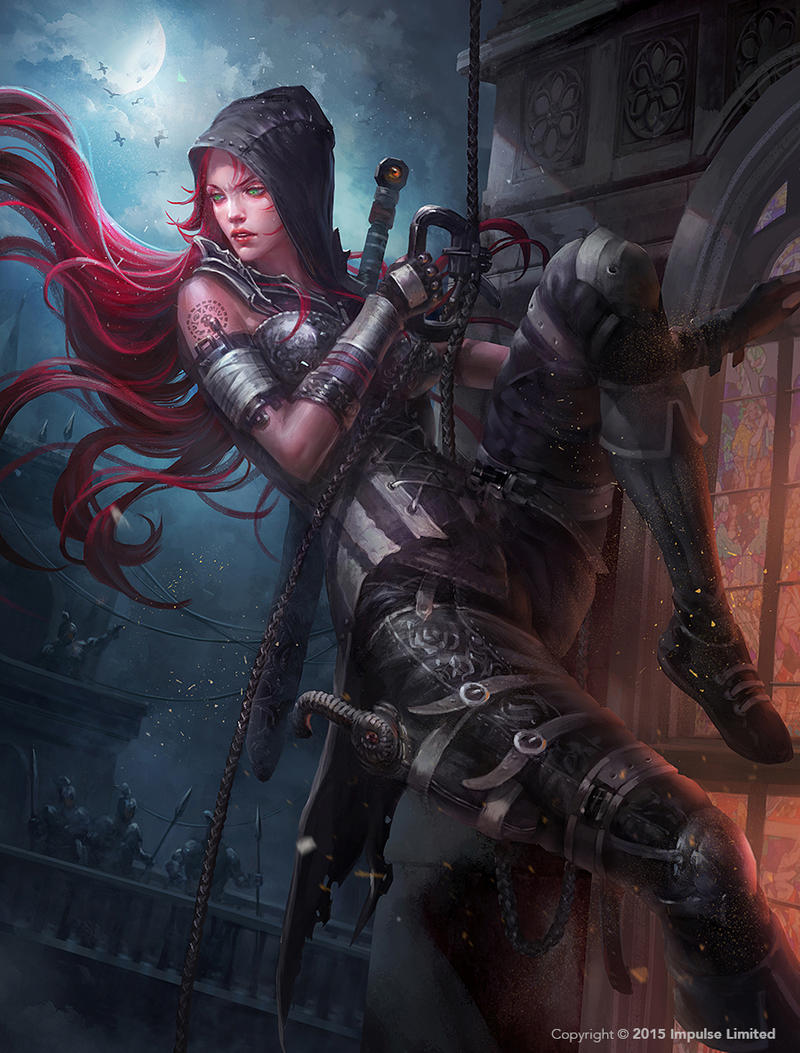

Dance in the Dark
You have learned to utilize the darkness to cover your movement. When you start your turn in dim light or darkness, your speed increases by 15 ft, and any opportunity attacks made against you on your turn are made with disadvantage.
Deny Reaction
Debilitation
Cost: 1 Die
You can prevent your target from reacting quickly. The target must make a Constitution saving throw or be unable to take reactions until the end of your next turn.
Foil Ruse
You cannot be surprised, and you can end the surprised condition on a creature within 5 feet of you as a bonus action.
Indian Rope Trick
Rumored to be a hoax, you have somehow mastered the art of this amazing trick. As an action, you can place rope you own on the ground. You then make the rope appear as if one end is being pulled upwards and levitating. As part of the same action you can climb up the rope up to the rope's full length. You can move up and down the full length of the rope using 10 feet of movement on subsequent turns. No one else other than another Rogue with this Trick can climb the rope this way. The effect is ended if the rope is cut, grabbed, or in any other way interacted with that would cause it to move or be altered significantly.
Kneecap
You know how to slow your enemies down with your attacks. When you deal sneak attack damage to a creature, you can choose to reduce that creature's speed by 10 feet.
Metamorphosis
You have mastered the art of swapping places with others seamlessly. As a bonus action on your turn, you may swap places with one willing creature you can see within 30 feet of you. If you land a weapon attack on a creature on the same turn as you use this Trick, you are able to gain Sneak Attack on it.
Perfect Acrobat
However you perfected it, your skill in acrobatics and your control over your body is unparalleled. You gain Expertise in Acrobatics, and you gain immunity to the grappled condition.
Plant Delusion
Prerequisite: Soulknife
Debilitation
Cost: 1 Die
You create a phantom image or sound, as per the minor illusion spell, that only the target can see or hear. The delusion lasts until the start of your next turn, or until it uses its action to see through the delusion with a successful Intelligence (Investigation) check against your debilitation save DC.
Prognostication
You add your rogue proficiency bonus to your initiative rolls.
Quick Change
You have mastered the art of switching your clothes very quickly. You may, as a reaction to you leaving a creature's line of sight for 1 second or longer, completely change what you are wearing and holding, as long as the armor or outfit you want to change into exists somewhere within 10 feet of you, and is not currently being worn or carried by an unwilling creature. If you let a creature in on your plans, and the creature is willing when you perform the Trick, they can count as willing for the purposes of this Trick. You may also choose to apply makeup or other superficial augmentations that exist somewhere within 10 feet of you as part of this reaction.
Quick-Footed
Your speed increases by 10 feet.
Scars of the Grave
Prerequisite: Phantom
Debilitation
Cost: 1 Die
You prevent the target from regaining hit points until the start of your next turn.
Sweep the Leg
Debilitation
Cost: 1 Die
You can attempt to trip the target over. The target must make a Dexterity saving throw or fall prone.


Swish
You have learned to redirect momentum used against you. When you are moved against your will, you can use your reaction to not be moved yourself and swap places with any Large or smaller creature within 15 feet of you, them being moved to the space you would've been moved to. As part of this reaction, you can make one weapon attack. You cannot take this reaction if you were grappled or restrained when you were forcibly moved.
Deduce
Prerequisite: 6th level, Inquisitive
Debilitation
Cost: 1 Dice
You attack the target in a way to reveal information about it. You learn one of the following pieces of information, you choose when you use this trick.
- Its damage immunities
- Its damage resistances
- Its damage vulnerabilities
- Its condition immunities
- One of its defining traits and its mechanical effects (such as a hydra's Multiple Heads trait)
- One of its defining actions and its mechanical effects (such as a dragon's Breath Weapon)
Fast Knives
Prerequisite: 6th level, Thief
You have mastered the art of multitasking with your hands, and you can use your Fast Hands feature to both draw a dagger and make an attack with it as a bonus action on your turn.
Improved Skirmisher
Prerequisite: 6th level, Scout
Your Skirmisher feature improves. You can move up to your speed as a reaction when an enemy comes within 5 feet of you. This movement doesn’t provoke opportunity attacks.
Induce Surprise
Prerequisite: 6th level, Assassin
You have learned how to set up your assassinations even in the midst of battle. You can use a bonus action on your turn to make a contested Sleight of Hand check versus the target's Perception. If you succeed, the creature is confused by your movements enough that you both have advantage on attack rolls against the creature, and the creature counts as surprised with regards to your Assassinate feature. These benefits last until the end of your turn.
You can use this feature once. You regain the ability to use this feature when you finish a long rest.
Pinpoint Accuracy
Prerequisite: 6th level
Whenever you have advantage on an attack roll that qualifies for your Sneak Attack, you can reroll one of the dice once. This does not stack with similar features like Elven Accuracy.
Psychic Anchor
Prerequisite: 6th level, Soulknife
When an effect tries to alter your mind, you have learned to use your psychic energy to anchor yourself in response. When you make an Intelligence, Wisdom, or Charisma saving throw, you can expend two Psionic Energy dice to roll one of the dice and add it to the saving throw. You can use this ability after you see the roll but before you know if the roll succeeded or failed.
Rogueish Rituals
Prerequisite: 6th level, Arcane Trickster
You can cast any spells you know that have the ritual tag as rituals.
In addition, you have learned to perform your rituals quickly. You can choose to cast a ritual spell as a ritual with a casting time of 1 minute. However, when you choose to cast a ritual spell in this way, you have a chance of failure. Roll a d4. On a 1, the ritual fails.


Silencing Strike
Prerequisite: 6th level
Debilitation
Cost: 2 Dice
You can strike at the target's vocal cords or similar parts. The target must make a Constitution saving throw or be unable to speak or supply the vocal components of spells until the start of your next turn.
Snipe
Prerequisite: 6th level
You have learned to be an expert at landing one powerful strike at range. When you use your Steady Aim feature, you can choose to give up one of your attacks on the turn you use Steady Aim in exchange for increasing your critical range by 2.
Tactical Supremacy
Prerequisite: 6th level, Mastermind
Your battlefield tactics are second to none. You may choose to empower your tactics, instantly analyzing the battlefield and coming up with a genius manuever. When you use this feature, the target of the Help action may use its reaction when you Help it to immediately move up to its speed and take one of the following actions: Attack (one weapon attack only), Cast a Spell (cantrip only), Dodge, Disengage, or Dash.
You can use this Trick a number of times equal to your Intelligence modifier (minimum 1). You regain 1 expended use after you finish a short rest, and you regain all expended uses after you finish a long rest.
Undercut Resistance
Prerequisite: Arcane Trickster, 6th level
Debilitation
Cost: 1 Dice
The attack's damage is infused with magic to bypass any damage resistances the target has.
Wails Recharge
Prerequisite: 6th level, Phantom
Your connection to the dead recharges more quickly. When you finish a short rest, you regain 2 expended uses of your Wails of the Grave feature. At 17th level, you regain 3 expended uses on a short rest.
Bleed Out
Prerequisite: 8th level
Debilitation
Cost: 2 Dice
The target takes 1d10 necrotic damage at the start of each of its turns. Regaining any number of hit points ends the wound, as does using an action to staunch the wound with a successful Wisdom (Medicine) check against your trick save DC.
Distract
Prerequisite: 8th level, Scout
Debilitation
Cost: 2 Dice
You set the target up for a subsequent attack. The next time a weapon attack is made against the target before the start of your next turn, its AC against that attack is reduced by 3.
Mark for Death
Prerequisite: 8th level, Assassin
Debilitation
Cost: 2 Dice
You render the target more vulnerable to weapon attacks. Until the start of your next turn, whenever the target takes damage from a weapon attack, it takes an additional 1d4 damage.
Pin
Prerequisite: 8th level
Debilitation
Cost: 2 Dice
You can attempt to grapple the target. You can make a Dexterity (Acrobatics) check in place of a Strength (Athletics) check for this grapple.
Sabotage Defenses
Prerequisite: Arcane Trickster, Eldritch Agent, Justicar, or Skinchanger, 8th level
Debilitation
Cost: 2 Dice
You can cripple the target's magical defenses with your attack. The next time it makes a saving throw against a spell you cast before the end of your next turn, it must roll a d6 and subtract the result from the save.


Will to Thrive
Prerequisite: 8th level
Your will exerts itself onto reality through your tricks and exploits, and your body and soul are anchored with that knowledge. You gain proficiency in Strength and Charisma saving throws.
Dispelling Strike
Prerequisite: Arcane Trickster, 10th level
Debilitation
Cost: 3 Dice
You subject the target to the dispel magic spell, treating your spellcasting ability as Intelligence.
Improved Panache
Prerequisite: Swashbuckler, 10th level
When you use your panache feature, and you succeed on the check against the creature, and the creature is hostile to you, you gain a bonus to your AC equal to your Charisma modifier that lasts until your panache feature ends.
Incapacitate
Prerequisite: 10th level
When you deal sneak attack damage to a target, you may force them to make a Dexterity saving throw against your trick save DC. On a failure, the target is incapacitated until the end of your next turn. On a success, the target isn't incapacitated.
You can use this feature once. You regain the ability to use this Trick after you finish a short or long rest.
Justicar's Smite
Prerequisite: 10th level, Justicar
When you use your Consecrated Strike, you can also add 1d6 radiant damage + another 1d6 radiant damage to the damage per level of the spell slot used.
Target Wounds
Prerequisite: 10th level
You have learned to target your opponents' weakspots with your attacks. On your turn, you can use your bonus action to mark one creature within 30 feet of you that you can see that is bloodied. For 1 minute, when you deal sneak attack damage to that creature, add 2d6 to your Sneak Attack damage.
Concuss
Prerequisite: 12th level
Debilitation
Cost: 3 Dice
You can attempt to disorient the target with a well-placed blow. The target must make a Wisdom saving throw or choose whether it gets to move up to its movement speed, use an an action, or use a bonus action on its next turn; it only gets one of the three.
Dazing Blow
Prerequisite: 12th level
Debilitation
Cost: 3 Dice
You can knock the target off balance. Whenever the target makes an attack roll or saving throw before the start of your next turn, it must roll a d4 and subtract the number rolled from the result.
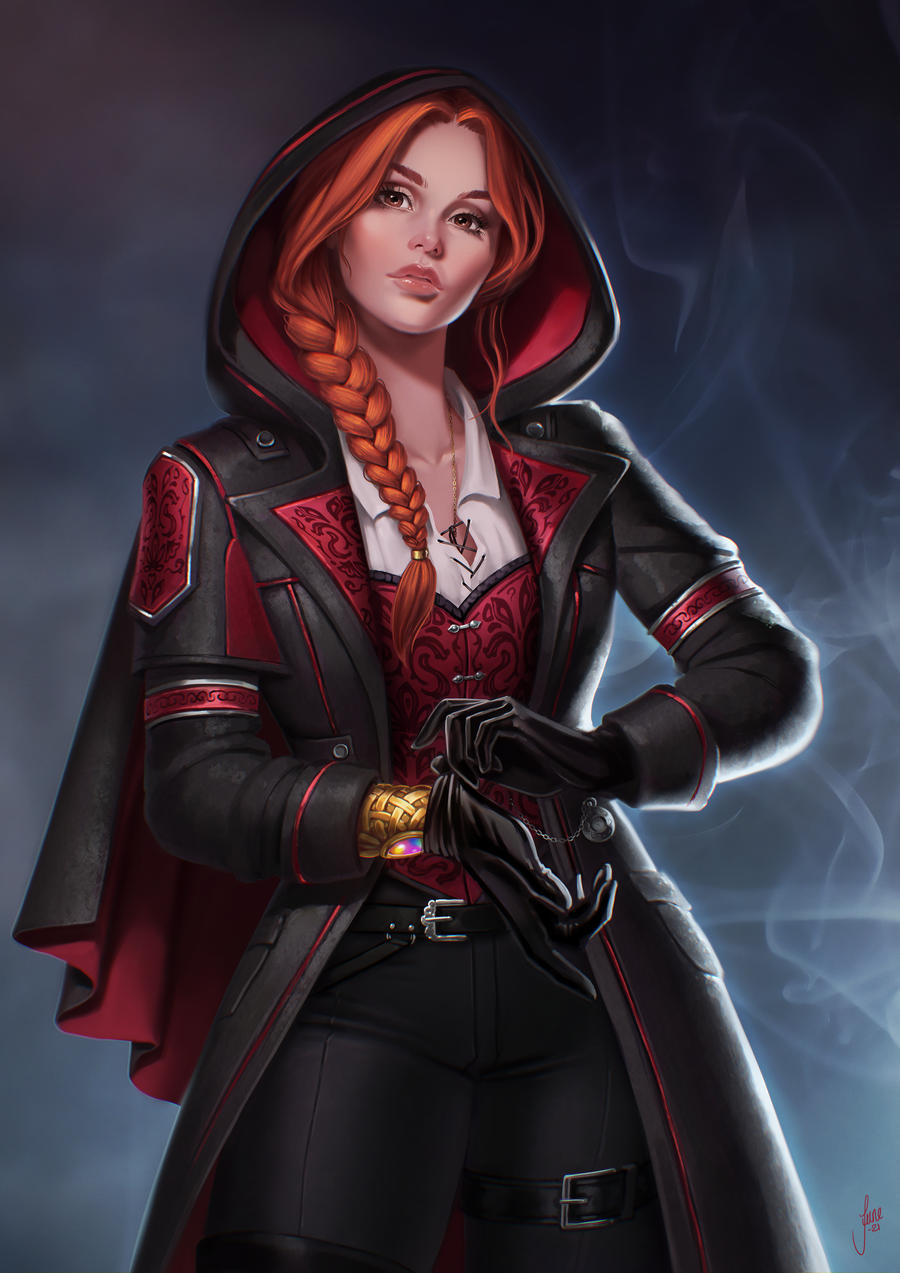

Elementary, My Dear Watson
Prerequisite: Inquisitive, 14th level
If you spend ten minutes analyzing a 50 cubic foot space or smaller, you know the locations and presence of every object currently in the space, and you know which physical actions were taken in the space in the past 48 hours. This can compound with more time to analyze a bigger space.
Whenever you start your turn in a space you have analyzed in this way, you gain a lair action at Initiative count 10, losing to initiative ties. You can use this lair action to move up to half your Speed and make one Weapon Attack or Unarmed Strike.
That Was Your Mistake
Prerequisite: 14th level
You have learned to exploit your opponents' mistakes. When a creature makes an attack roll against you and misses your AC by 5 or more, you can use your Reaction to make a weapon attack with Advantage against that creature.
Staggering Strike
Prerequisite: 16th level
Debilitation
Cost: 4 Dice
You can deliver a dazzling blow. The target must make a Constitution saving throw or be staggered until the end of its next turn. A staggered creature has Disadvantage on attack rolls and ability checks, and can't take Reactions.
Stay Down
Prerequisite: 16th level
Debilitation
Cost: 4 Dice
You force the target to make a Strength saving throw. On a failure, the target is knocked Prone, and standing up costs an action rather than 15 feet on its next turn.
Steal Mana
Prerequisite: Arcane Trickster, 16th level
Debilitation
Cost: 4 Dice
You force the target to make a saving throw with its spellcasting ability modifier. On a failure, the target loses its highest level spell slot that is no higher than 3rd level, and you regain an expended spell slot of that level or lower.
Think
Prerequisite: Inquisitive, 18th level
Your analytical skills are unmatched. You can decide to spend your entire first turn after you roll initiative using this Trick to analyze the battlefield and your opponents, giving up your Action, Bonus Action, Movement, and Reaction. When you use this Trick, starting at the end of your turn, all of your attack rolls, ability checks, and saving throws are made with advantage, and you may add 2d6 to your Sneak Attack dice for 1 minute.
Changelog
Rogue Class Features
- Rogue is given Extra Attack, helping them out in damage compared to other martials in the mid- and late-game where they tend to fall behind. In exchange, Sneak Attack damage scaling was halted at 5th level, staying at 2d6 until 7th level.
- Uncanny Dodge changed to help this feature feel more Rogue-y, involving dodging in addition to halving damage.
- Tricks of the Trade added as a modular addition to Rogues starting at 2nd level, to help those looking for more interesting playstyles with rogue. Some add potential ways to get a reaction attack, some make you speedier, some help subclass features out, there's quite a few of them.
Rogue Subclasses
This list of changes is not comprehensive, and is a work in progress.
Arcane Trickster
- Arcane Trickster changed to have a spell list. The base feature is a way to use your bonus action to gain advantage, something you can very easily get in any number of other ways using your bonus action, so it's redundant, so the creature having disadvantage is a useful add-on.
Assassin
- The Assassin's main feature gained at level 3 requires that the Assassin wins initiative, so the Assassin should at least get a bonus to initiative; now it does.
- The Assassin's previous level 9 feature, which was very niche and specific, and would probably have been used once in a campaign, has been modified, and the 13th level feature has a poison feature that allows them to feel like an Assassin in combat.
Inquisitive
- I don't like skill floors, so I've swapped the two features for 3 skill proficiencies, turning to Expertise if already proficient.
- Insightful Fighting was bad. Sneak attack is not hard to trigger reliably, and Steady Aim allow you to get it by just expending movement. Now Quick Scan grants levels of advantage, making it useful, and encourages inquisitives to study their foes beforehand. Insightful Fighting now has been reworked into a defensive feature.
- Steady Eye just gives advantage on the checks.
- Unerring Eye has an added bit that you can still see creatures that turn invisible in your sight. Removed the limiter on number of uses.
- Eye for Weakness modified to work better with Quick Scan.
Mastermind
- Master of Tactics: Attacks you make after taking the Help action against a creature now qualify for sneak attack. This is now a great option for Rogues, as it now makes certain they land their Sneak Attack regardless of which bonus action they use between Steady Aim and Master of Tactics.
- Foolproof Plans: replaced Insightful Manipulator. Allows and encourages you to make a plan with your allies, and rewards you for doing so, and more importantly to you as a tactician, sticking to the goddamned plan!
- Grandmaster Tactics: replaced Misdirection. Allows for some more potent battlefield manipulation rather than requiring you to be behind a creature granting you cover.
- Mind Over Matter: Replaces Soul of Deceit. This was an incredibly niche feature, especially at higher levels when players aren't typically at the mercy of creatures and zones of truth at such very often. Immune to charmed and frightened is powerful, and now this subclass grants the unique ability to allow a creature to roll some of your sneak attack dice and add it to their attack if they are Helped by you.
Phantom
- Wails from the Grave: damage nerfed to a third of your sneak attack damage. The damage from this feature gets out of hand in combination with the buffs to the base Rogue otherwise.
- Death Knell: now doesn't affect the original target, it affects a third creature. This rogue is now pretty great at AOE, but isn't overshadowing other rogues for single-target DPR.
Scout
- Skirmisher changed to being a reaction to a creature coming within 5 feet of you. Now you don't have to wait to move until after they've already attacked you.
- Survivalist: changed to also add advantage on stealth checks you make in natural terrain.
Credits
Content Credits
- Some Debilitations by nomiddlename303 found here were added as parts of the Tricks of the Trade features.
- Supreme Sneak move to base class, Versatile Trickster, Changes to the Assassinate feature by Taron Pounds found here.
- The poisoner feature of the Assassin was borrowed from Treantmonk's changes found here.
Art Credits
Art (Cover): Scykiazor: Kato danzo fanart (Link)
Art (Page 2): Daria Rashev: Rogues (Link)
Art (Page 3): Svetlaya777: The rain will wash away the traces of... (Link)
Art (Page 4): u/DanielZReaper: DnD: Baldur's Gate, some portraits upscaled (Link)
Art (Page 5): mattforsyth: Lost Ones - Sidhe bounty hunter (Link)
Art (Page 6): TheFirstAngel: Shadowar - Kishery (Link)
Art (Page 7): Bogdan-MRK: The Bounty Hunter (Link)
Art (Page 8): tk-arts-2000: Geon (Link)
Art (Page 9): Wizards of the Coast (Link)
Art (Page 10): ssandulak: Caine, the Arcane Trickster (Link)
Art (Page 11): u/Devtexture: Kithree Graygrain, halfling assassin (Link)
Art (Page 12): Karl Nicolas: Tome of Mystical Tomes (Link)
Art (Page 13): Tim Shepherd: "shhh he's just sleeping" (Link)
Art (Page 14): Devtexture: DND Human Investigator (Link)
Art (Page 15): Locke Lamora (Link)
Art (Page 16): u/lalalyssh: Tsuyu the changeling/tiefling Phantom Rogue (Link)
Art (Page 17): Gunship Revolution: Deftarm Scout (Link)
Art (Page 18): u/axelwarrior: Commisson of a Kenku Soulknife Rogue (Link)
Art (Page 19): Artur Mósca: Isaac - Fan art (Link)
Art (Page 20): superchargedcristina: The Corsair (Link)
Art (Page 21): Daria Rashev: Thief (Link)
Art (Page 22): Tyler Jacobson: Murder (Link)
Art (Page 23): Dopaprime: Red Crescent Op (Link)
Art (Page 24): Rudy Siswanto: Robin (Link)
Art (Page 25): (Link)
Art (Page 26): stta _nohbyeol: Desert Sworderer+Sheet (Link)
Art (Page 27): JuneJenssen: Larah Artemel (Link)
Page Stains: /u/flamableconcrete
